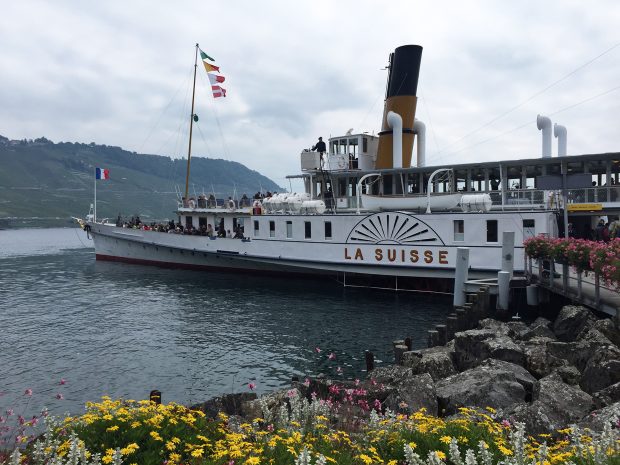When you’re on a cruise ship, you’re most likely thinking about which fun activity you’ll do next. The last thing to cross your mind would be the potential for danger. However, maritime accidents can and do happen.

What Are Maritime Accidents?
Maritime accidents happen on ships of all sizes. These are accidents that occur while out at sea or within inland waterways. They are most commonly caused by unsafe practices by crew members, poor vessel design, improperly maintained equipment, bad weather, or collisions with other objects.
The unpredictable nature of the ocean may be enough to lead to a maritime accident. However, every vessel should be well-equipped for danger at sea. Crew members should also be properly trained to handle any emergency situation that could arise while miles from shore.
Even when the seas are perfect for smooth sailing, dangers abound on some of these vessels. They can lead to serious injuries for both the crew and guests on vacation.
How Can Maritime Accidents Be Prevented?
While cruise ships have the lowest incidents among other vessels when it comes to distress calls, there are many injuries that can arise while onboard. Many of them are due to human error and negligence of the crew, but technical problems can also lead to these accidents, and bad weather may increase the risk for everyone.
To prevent maritime accidents, all seafaring vessels need to bolster security measures and enact prevention methods to avoid disaster.
Upgrading Equipment
Advanced navigational technologies and equipment should be standard on all ships, especially passenger ships. For example, a gyrocompass can find the true north rather than the magnetic north, helping the ship stay on course.
Regular Inspections
While there is great pressure to make the maximum amount of money, cruise ships must not rush through inspections. Assessing the condition of equipment and ensuring all safety measures are operational can help prevent maritime accidents. Safety inspection processes for ships must be strict and repeated regularly to comply with the latest regulations.
Advanced WeatherTracking Equipment
The weather may be out of everyone’s control, but a vessel should always be monitoring the weather conditions. Satellite, navigational technology, and other tools can help keep an eye on weather conditions and provide enough time to change course to avoid disaster.
Proper Crew Training
Every crew member should be properly trained to handle all of their duties on the ship. They should know about accident prevention and how to handle emergency situations.
What Happens in the Event of an Accident?
When an accident happens on board a ship, it can be very upsetting to passengers. Procedures are different for maritime injuries than ones on land. If you have been injured while on one of these ships, a maritime lawyer at Lipcon, Margulies & Winkleman, P.A. suggests seeking legal help for your case.
